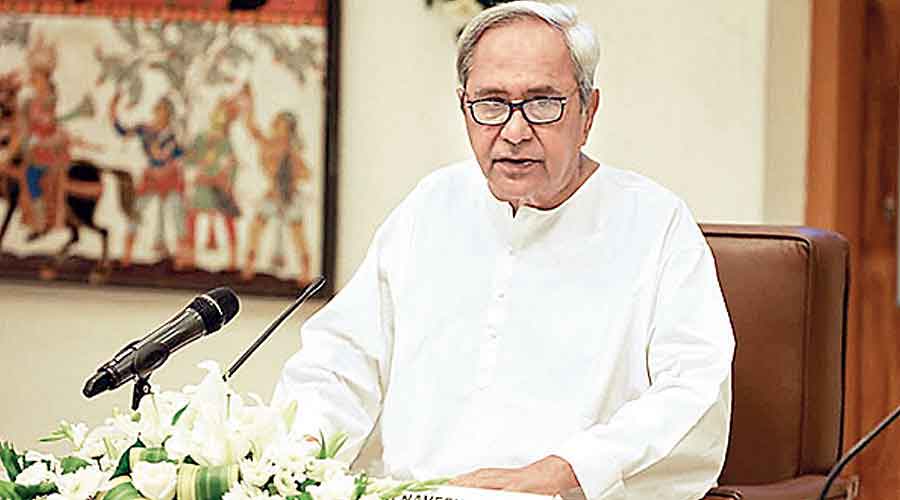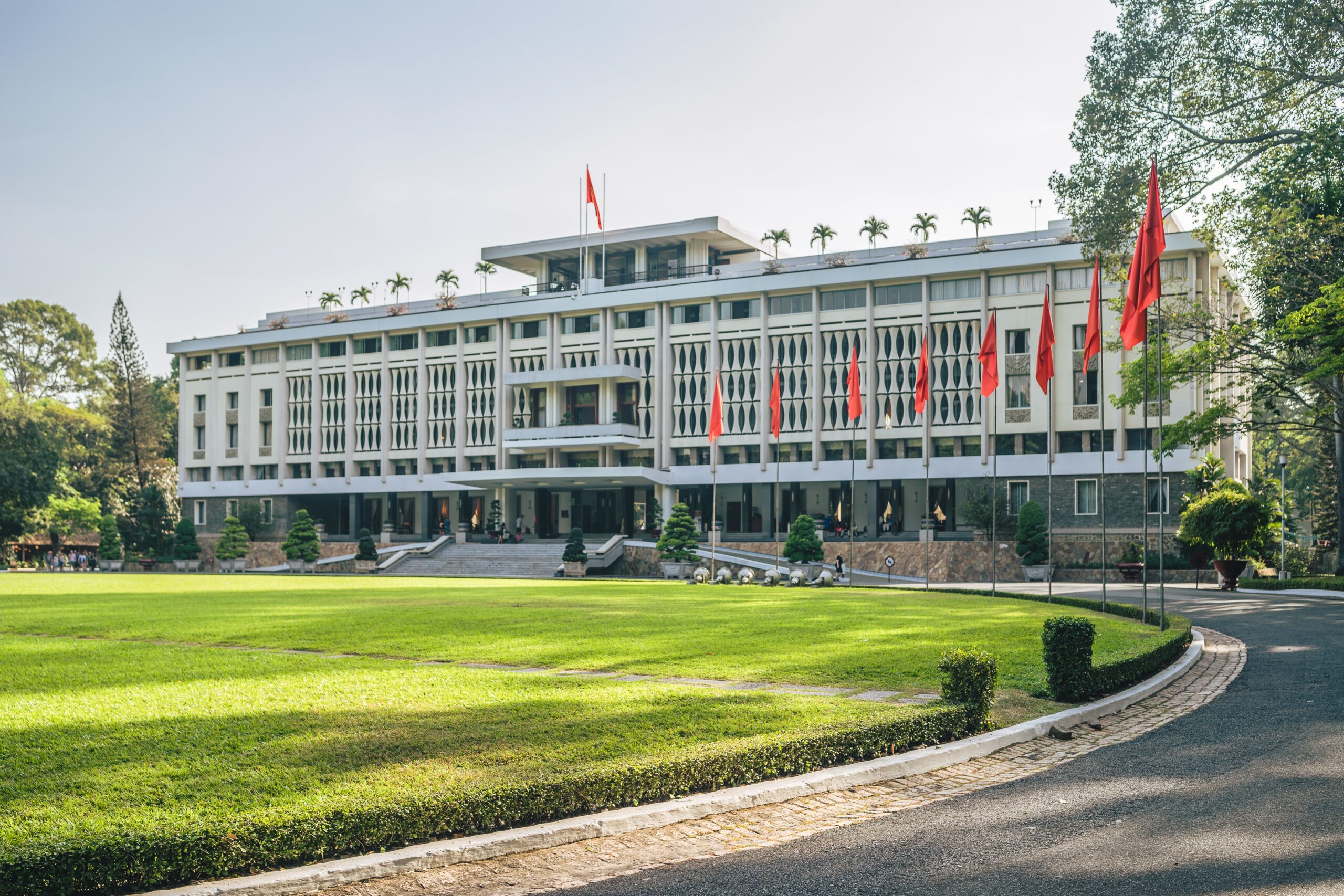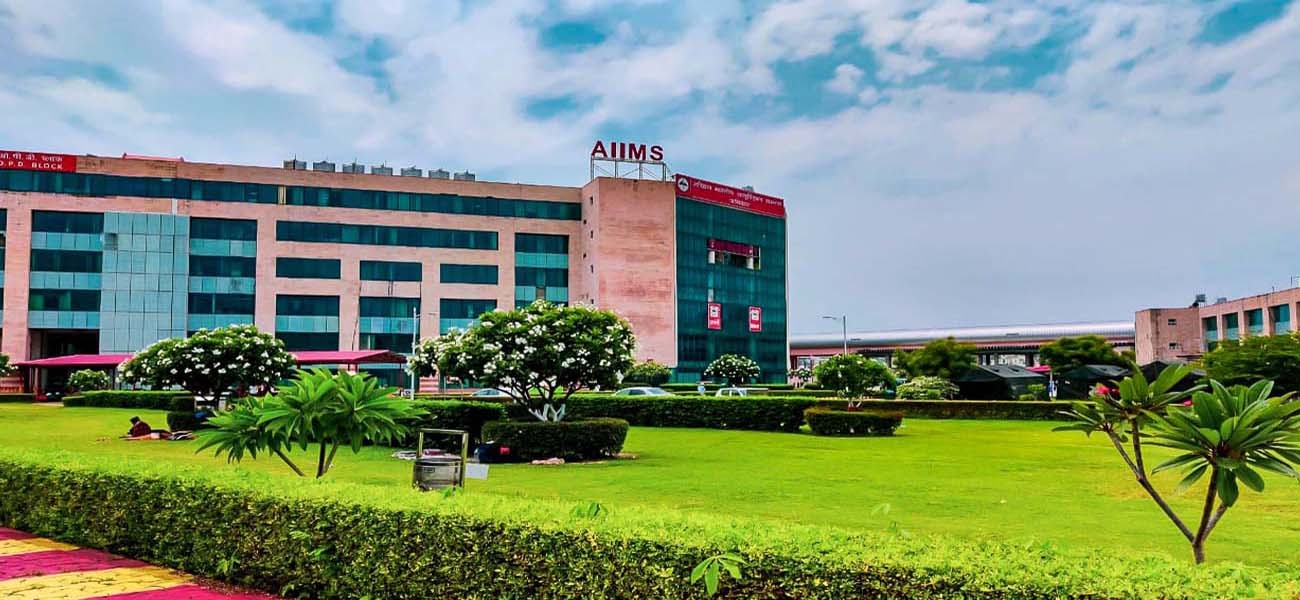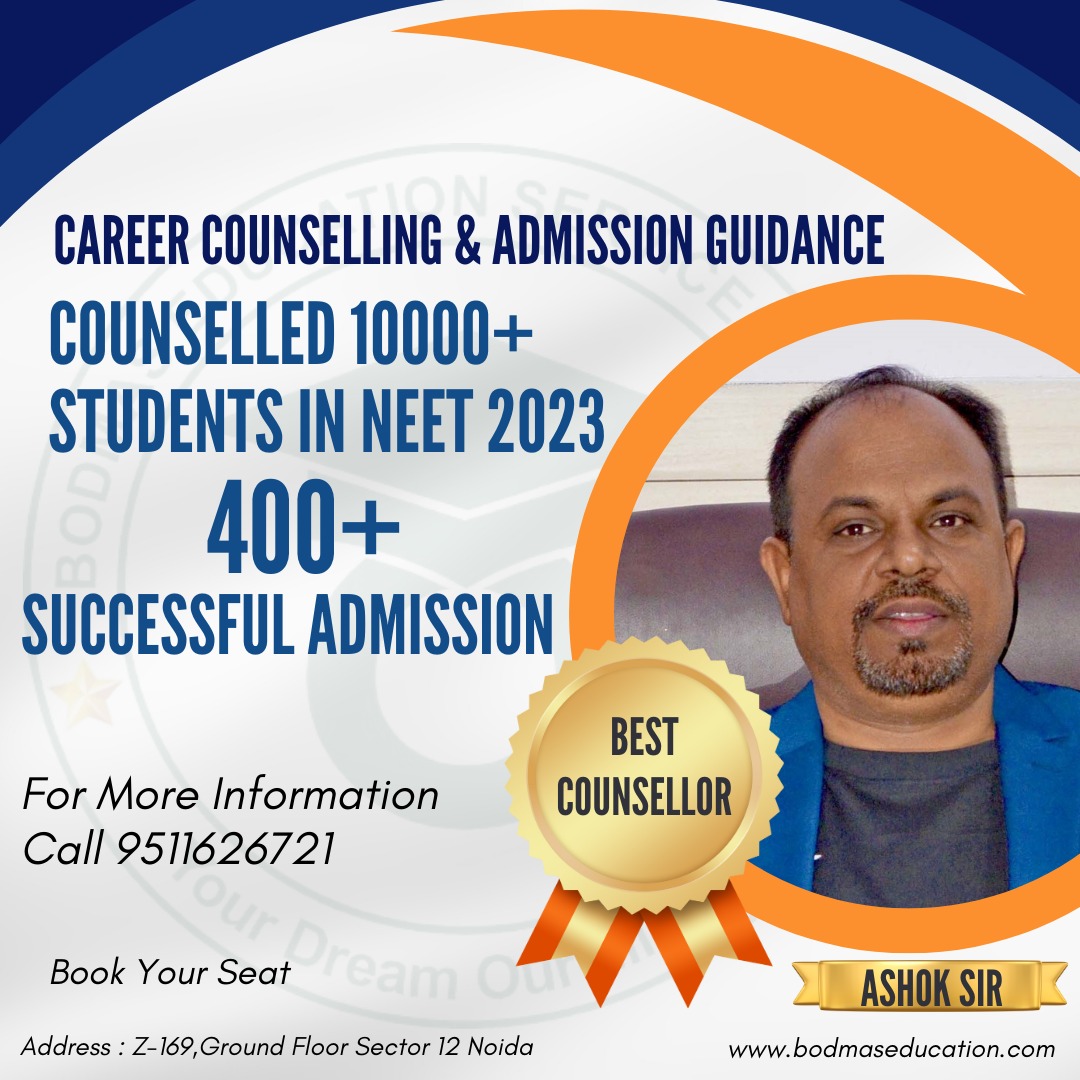Do you need clarification about the career options after qualifying NEET? Don’t worry, you are not alone. With the growing number of medical aspirants in India, the competition to secure a seat in the country’s premier medical universities is also increasing. But a NEET qualification does not necessarily mean you must go for a medical course. You can pursue a variety of other courses too. In this article, we will talk about the different career options available to those who have cleared NEET and how they can make the most of their qualifications. So, let’s get started
After qualifying for NEET 2023, candidates can pursue a variety of medical courses as their Career options after qualifying NEET, such as the
- Bachelor of Medicine, Bachelor of Surgery (MBBS),
- Bachelor of Dental Surgery (BDS),
- Bachelor of Ayurvedic Medicine and Surgery (BAMS),
- Bachelor of Homeopathic Medicine & Surgery (BHMS)
- Bachelor of Unani Medicine and Surgery (BUMS)
- Bachelor of Physiotherapy(BPT)
- Bachelor of Siddha Medicine and Surgery(BSMS)
- Bachelor of Occupational Therapy (BOT),
- B.Sc. Nursing,
- B.Sc. in Dialysis Therapy
- B.Sc. Medical Lab Technology, and
- B.Sc. in Optometry
- Nutritionist
- Clinical Researcher/ Life Science Researcher
Moving further, let’s discuss the above courses in detail the Career options after qualifying NEET
Bachelor of Medicine, Bachelor of Surgery (MBBS)
The medical professional degree known as MBBS, or Bachelor of Medicine and Bachelor of Surgery, allows learners to pursue a profession in the healthcare industry as a Career options after qualifying NEET. The MBBS program is regarded as the pinnacle of medical training, and the curriculum includes anatomy, physiology, pharmacology, biochemistry, and pathology. They need to take both lectures and practical lessons during the course, and they must pass a number of exams in order to advance to the following year. After earning their degree, students might choose to become physicians who specialise or pursue a speciality in a particular area of medicine. They might choose to become physicians who specialise or pursue a speciality in a particular field of medicine after earning their degree.
An applicant must have cleared the Class 12 exams in English, Physics, Chemistry, and Biology with at least 50% of the possible points. The criteria include passing the NEET examinations in addition to grade 12.
The five-year MBBS programme includes the following fundamental courses: biochemistry, physiology, human anatomy, microbiology, pathology, and pharmacology. Learners throughout this degree receive five years of intensive hands-on instruction, allowing them to interact with patients directly and deepen their knowledge about multiple diseases.
The program is meant to teach common practices for clinical management, history gathering, multiple diagnostics, and general care. Together with receiving clinical care and a one-year internship, one also becomes familiar with the staff, ward management, and counselling sessions.
Bachelor of Dental Surgery (BDS)
A 4-year undergraduate programme called Bachelor of Dental Surgery (BDS) seeks to provide learners with a working knowledge of oral science as well as the abilities they will need to become successful practitioners. Dental anatomy, pathology, pharmacology, histology, prosthodontics, periodontics, and orthodontics are just a few of the disciplines that are covered by the curriculum. In addition, they will master oral technology, healthcare, and orthodontic research. After completing the training, learners will be qualified to practise dentistry in India and enrol in a degree course at the graduate level. Learners must have finished their 10+2 education and chosen Physics, Chemistry, and Biology as their elective subjects in order to qualify for the BDS programme.
Bachelor of Ayurvedic Medicine and Surgery (BAMS)
The 5-and-a-half-year undergrad Bachelor of Ayurvedic medicine and Surgery (BAMS) syllabus aims to give pupils a complete overview of the Ayurvedic medical field. The program’s curriculum covers a variety of disciplines, including anatomy, physiology, pathology, pharmacology, clinical medicine, and surgery. Pupils will also be educated about the foundations of Ayurvedic medicine and its medicinal uses. Those who successfully finish the training will be competent to enter Ayurvedic medicine and pursue higher education in Ayurvedic courses. Pupils must have finished their 10+2 level schooling having Physics, Chemistry, Biology, and Sanskrit(additional) as part of the curriculum in order to be eligible for a BAMS study.
Bachelor of Homeopathic Medicine & Surgery (BHMS)
A 5-and-a-half-year bachelor’s degree programme called the Bachelor of Homeopathic Medicine & Surgery (BHMS) seeks to provide learners with a thorough understanding of homoeopathy as well as the abilities they’ll need to be effective practitioners. Homoeopathic concepts, pharmacy, pathology, materia medica, and clinical medicine are only a handful of the topics that comprise the curriculum. Pupils will also be trained in the foundations of homoeopathy and its therapeutic uses. Those who successfully finish the course will be fit to practice homoeopathy in India and enrol in homeopathy-related further courses. Students must have finished their 10+2 level schooling with Physics, Chemistry, and Biology as their optional subjects in order to be considered for a BHMS programme.
Bachelor of Unani Medicine and Surgery (BUMS)
A 5-and-a-half year bachelor’s degree programme called the Bachelor of Unani Medicine and Surgery (BUMS) is intended to give learners a clear knowledge of the unani medical system. Anatomy, physiology, pathology, pharmacology, clinical medicine, and surgery are just a few of the areas that are taught in the curriculum. They will additionally gain knowledge about the foundations of unani and its therapeutic uses. Following successful completion of the course, learners will be qualified to practise Unani medicine and enrol in advanced Unani courses. Learners must really have completed the 10+2 level of schooling with Physics, Chemistry, Biology, and Arabic among their optional subjects in order to be considered for a BUMS programme.
Bachelor of Physiotherapy(BPT)
A 4-year undergraduate degree programme called the Bachelor of Physiotherapy (BPT) seeks to offer undergraduates broad knowledge concerning the area of physical therapy in addition to the abilities they’ll need to succeed there. The program’s curriculum includes an array of disciplines, covering anatomy, physiology, pathology, pharmacology, physical rehabilitation, and clinical medicine. The principles of physiotherapy and its therapies will additionally be covered with the learners. Those who pass the curriculum will be qualified to practise physical therapy in India and enrol in graduate-level programmes in the discipline. Learners must have finished their 10+2 schooling with Physics, Chemistry, and Biology as their study programs in order to qualify for the BPT programme.
Bachelor of Siddha Medicine and Surgery(BSMS)
BSMS is a 5.5-year degree program offered by universities in India. The program covers theoretical and practical aspects of Siddha medicine and surgery, including the principles of Siddha medicine, disease management, diagnosis, and therapies. Students also learn pharmacology, drug formulation, and medical jurisprudence. The first three and a half years of the course cover the basic knowledge and fundamentals of Siddha medicine, while the remaining two years are devoted to practical training. Graduates can pursue postgraduate studies in Siddha medicine and surgery.
Bachelor of Occupational Therapy (BOT)
The 4 year UG degree known as the Bachelor of Occupational Therapy (BOT) is dedicated to learning about the field of occupational therapy. With the aid of meaningful activities, or “occupations,” individuals who have physical, mental, or learning disorders can improve their general health and well-being. Occupational therapy is a therapeutic intervention.
The BOT programme involves classroom lectures, laboratory work, and clinical internships in addition to theoretical and practical instruction.
Anatomy and physiology, kinesiology, psychology, human development, disability studies, assistive technologies, and therapeutic interventions are among the major subjects studied. The ethical, legal, and professional facets of occupational therapy are also topics covered in class.
Graduates of the BOT programme can work as licenced occupational therapists in a range of healthcare facilities, including clinics, hospitals, schools, and private offices. If they want to enhance their careers or specialise in a certain field, they can also undertake PG studies in occupational therapy.
B.Sc. Nursing
B.Sc. Nursing is a four-year UG curriculum that prepares students to work as competent nurses who can offer patients high-quality care. Topics like anatomy, physiology, microbiology, pharmacology, psychology, and community health nursing are included throughout the programme. Clinical internships in hospitals and other healthcare facilities are among both the theoretical and hands-on training components of the course. Graduates have a variety of healthcare settings in which they might work as registered nurses (RNs) after graduation. The programme also places a strong emphasis on developing students’ critical thinking, leadership, and communication skills.
B.Sc. in Dialysis Therapy
The three-year undergraduate curriculum for a B.Sc. in Dialysis Therapy focuses on learning about dialysis and the therapies that are associated with it. The course includes lessons in anatomy, physiology, biochemistry, pathology, and pharmacology, among other subjects. Clinical internships in hospitals and other healthcare facilities are among the practical and theoretical training components of the course. Graduates can work in a variety of healthcare settings as dialysis technicians or therapists after graduation. The programme also places a strong emphasis on improving students’ critical thinking, communication, and patient care skills.
B.Sc. Medical Lab Technology
A 3 year UG curriculum with a primary focus on lab medical technology and medicine is known as B.Sc. Medical Lab Technology. The course includes lessons in pathology, microbiology, haematology, immunology, biochemistry, and genetics, among other subjects. In addition to lab work and clinical internships at hospitals and other healthcare organizations, the course offers both theoretical and hands-on instruction. Graduates have a wide range of healthcare settings to pick from when beginning their careers as medical lab technicians after graduation. Also, the training focuses heavily on the enhancement of interpersonal skills, rational reasoning, and focus on detail.
B.Sc. in Optometry
A three-year UG curriculum leading to a B.Sc. in optometry emphasises the study of vision and eye health. Anatomy, physiology, optics, pathology, and pharmacology are some of the subjects covered in the programme. The school offers both theoretical and practical instruction, as well as clinical internships at eye clinics and hospitals. Graduates can pursue a job as an optometrist in a variety of medical settings after graduation. The curriculum places a strong emphasis on the improvement of communication, patient care, and attention-to-detail skills.
Nutritionist
The UG degree in nutrition and dietetics is mandatory for work as a nutritionist.
- Food science
- nutrition therapy
- clinical nutrition
- community nutrition
- food service management
These are a few topics addressed in the three- to four-year UG curriculum. An apprenticeship in a hospital, clinic, or community health centre is part of the course’s theoretical and practical instruction. Learners have a broad range of medical setups, which include hospitals, health centres, and private practises, which allow them to pursue a nutritionist or dietitian career after graduation. Interaction, critical thinking, and patient care skills are all heavily emphasised in the curriculum.
Clinical Researcher/ Life Science Researcher
You often need to obtain higher education in the form of a degree or certification programme if you want to work as a clinical researcher or life science researcher.
A bachelor’s degree in a related subject, such as biology, biotechnology, biochemistry, or biomedical sciences, is typically the initial step towards a career in clinical research or the life sciences. A bachelor’s degree programme takes 3–4 years to complete.
Course Content: Subjects covered in a course can include developing new drugs, designing clinical trials, analysing data, dealing with ethics and regulations, using statistical techniques, and doing research.
It’s vital to remember that programme and institution-specific course requirements may change. To choose the programme that’s right for you, do some research on various options and talk to admissions advisors. Check out this blog if you have low NEET score. https://bodmaseducation.com/mbbs/
If you need professional help with choosing the best Career options after qualifying NEET, you can connect with our team. We can tell you about various options in the medical field and relevant colleges where the patient load is good. Where the quality of education is good, what is good for you to choose, and what is your interest. Our team is always there for you to help you succeed

















